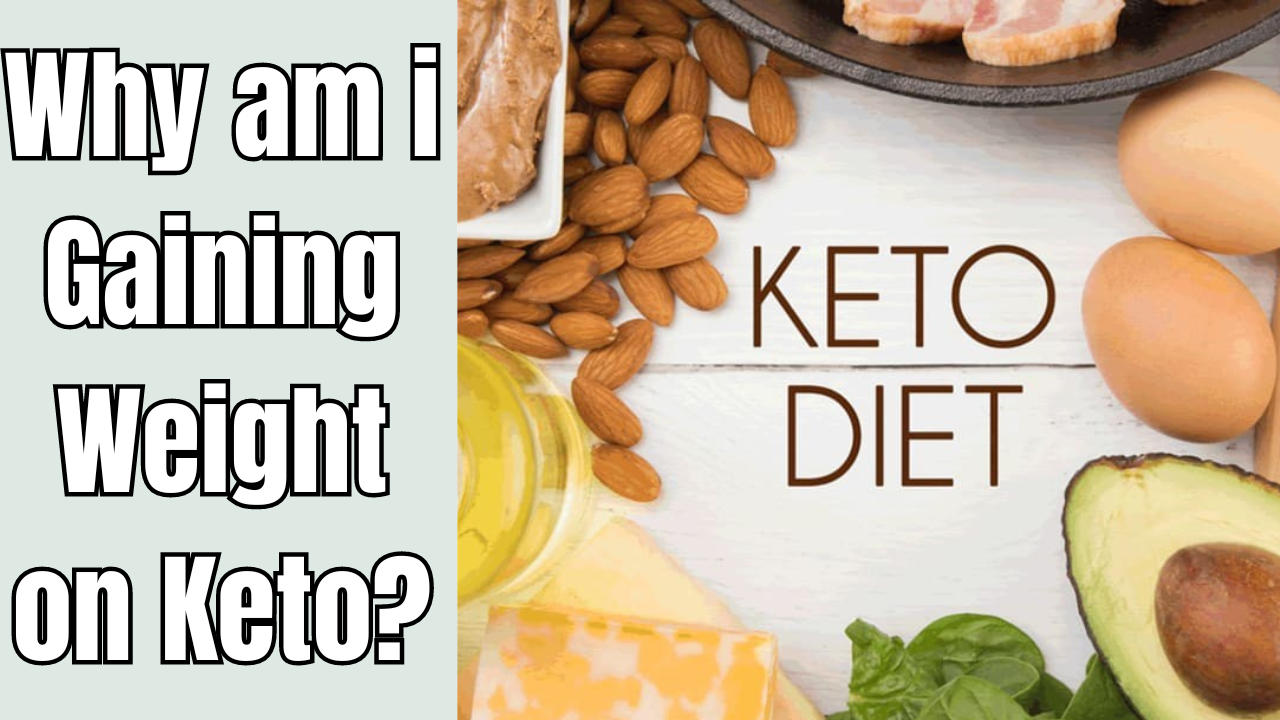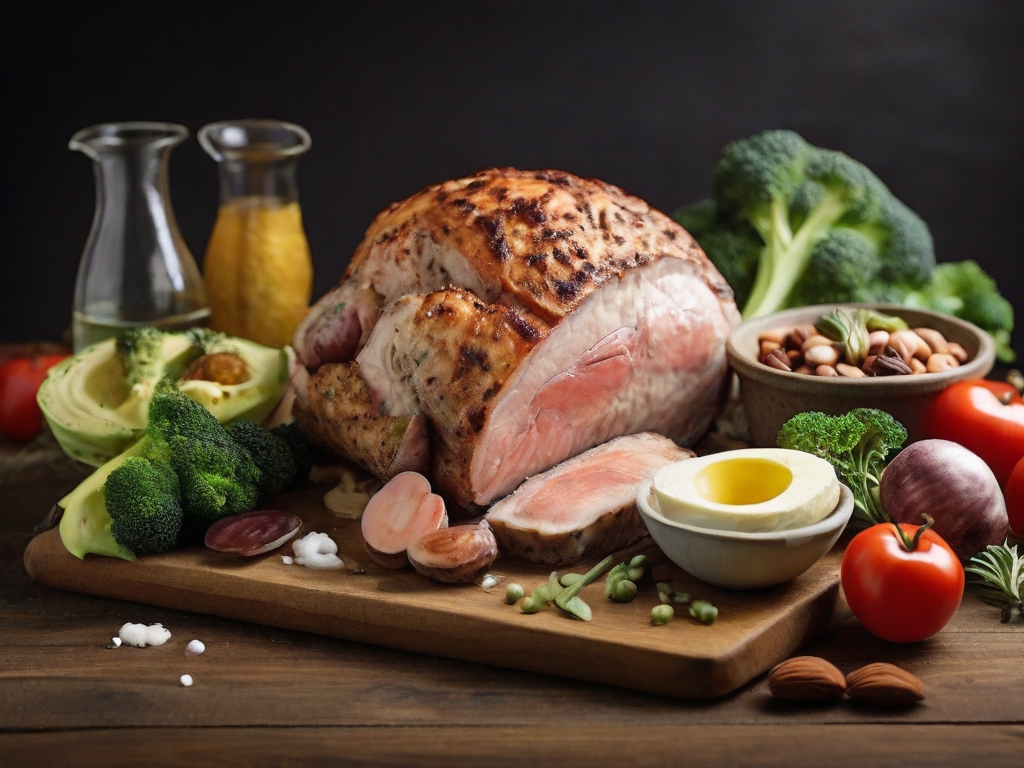Table of Contents
ToggleHigh Protein Low Carb Meal Plan
Want more energy, speed up your metabolism, and reach your health goals? You might do best with a meal plan high in protein and low in carbs. This diet plan focuses on eating protein-rich foods and only a few carbs. This may help with weight loss, controlling blood sugar better, and feeling full longer.
In this helpful guide, learn everything you need about eating high-protein, low-carb diets. We’ll examine the science behind this method, discuss its possible benefits, and provide a sample meal plan that is tasty and easy to follow.
What is a High-Protein Low-Carb Meal Plan?
A high-protein, low-carb meal plan focuses on protein-rich foods while limiting carbs, especially those with a high glycemic index (GI). The GI tells you how fast food increases your blood sugar. A low-carb diet usually aims for less than 130 grams of carbs per day, and some forms are even stricter and aim for even less.
Conversely, protein is essential for building and healing tissues, making you feel full, and helping your muscles grow. Putting protein first in your diet might make you feel fuller for longer, reduce cravings, and maintain lean muscle mass.
Benefits of a High-Protein, Low-Carb Meal Plan
A diet high in protein and low in carbs is being studied increasingly and has several health benefits. Let’s look at some of the most important benefits:
Weight Management: Studies show protein can make you feel fuller and lower hunger hormones like ghrelin. You might eat less because of this, which could help you lose weight.
Improved Blood Sugar Control: Reducing carbs, especially those with a high GI, can help keep blood sugar levels in check. This is especially helpful for people who are at risk of or already have type 2 diabetes.
Enhanced Muscle Growth and Maintenance: Muscles are made up of protein. Getting enough protein can help muscles grow and heal, especially when power training is done simultaneously.
Increased Energy Levels: Protein and good fats give you energy that lasts all day, which could help prevent the energy drops that come with high-carb diets.
Improved Overall Health Markers: There is some evidence that foods that are high in protein and low in carbs may be suitable for your heart, blood pressure, and cholesterol.
It is important to remember that a low-carb, high-protein diet might not work for everyone. Talking to a nurse or doctor before starting a new diet is essential, especially if you are already sick.
Creating a Balanced Meal Plan
When crafting a high-protein, low-carb meal plan, you must ensure that you’re not just cutting out carbs but replacing them with healthy proteins and fats. Your goal should be a varied diet that includes:
- Lean meats and fish
- Eggs
- Dairy products like cheese and Greek yogurt
- Plant-based proteins such as tofu, legumes, and seitan
- Healthy fats from avocados, nuts, and seeds
- foods that are low in carbs, like broccoli, peppers, and leafy greens
- Limited fruits, focusing on berries and other low glycemic options
Meal Plan For You
Day 1:
Breakfast: This omelet has mushrooms, spinach, and feta cheese.
Lunch: Mixed greens, avocado, and olive oil-dressed grilled chicken salad.
Dinner: Salmon baked with asparagus and cauliflower rice.
Snacks: Almonds and Greek yogurt.
Day 2:
Breakfast: Cheddar-cheesed scrambled eggs with chopped bell peppers
Lunch: Tuna salad served in avocado halves.
Dinner: Stir-fried beef with broccoli and a side of zucchini noodles.
Snacks: Cheese slices and cucumber.
Day 3:
Breakfast: Protein smoothie with almond milk, protein powder, and raspberries.
Lunch: Turkey lettuce wraps with mustard and a side salad.
Dinner: Pork chops with Brussels sprouts and a small serving of sweet potato.
Snacks: boiled eggs and walnuts.
FAQs About High Protein, Low Carb Meal Plan
Q: How much protein should I aim for each day?
Protein intake should be 0.6–0.9 grams per pound. For specialized advice, visit a dietitian.
Q: Can I follow this meal plan if I’m vegetarian or vegan?
Absolutely! Focus on plant-based proteins such as lentils, beans, tofu, and tempeh. There are also many high protein, low carb vegan protein powders available.
Q: Is it possible to overeat protein?
While protein is integral to health, excess consumption beyond your body’s requirements can strain the kidneys over time. It’s important to balance protein with healthy fats and fiber.
Q: Are there any risks to a low-carb diet?
Some may experience initial side effects such as fatigue or headaches as their bodies adjust to using fat for fuel. It is also important to ensure they get enough fibre and micronutrients, often found in high-carb fruits and vegetables.
Q: How can I get enough nutrients on this meal plan?
Diversity is key. Rotate your protein sources and vegetables to cover a broad spectrum of nutrients. Consider taking a multivitamin if you’re significantly restricting certain food groups.








